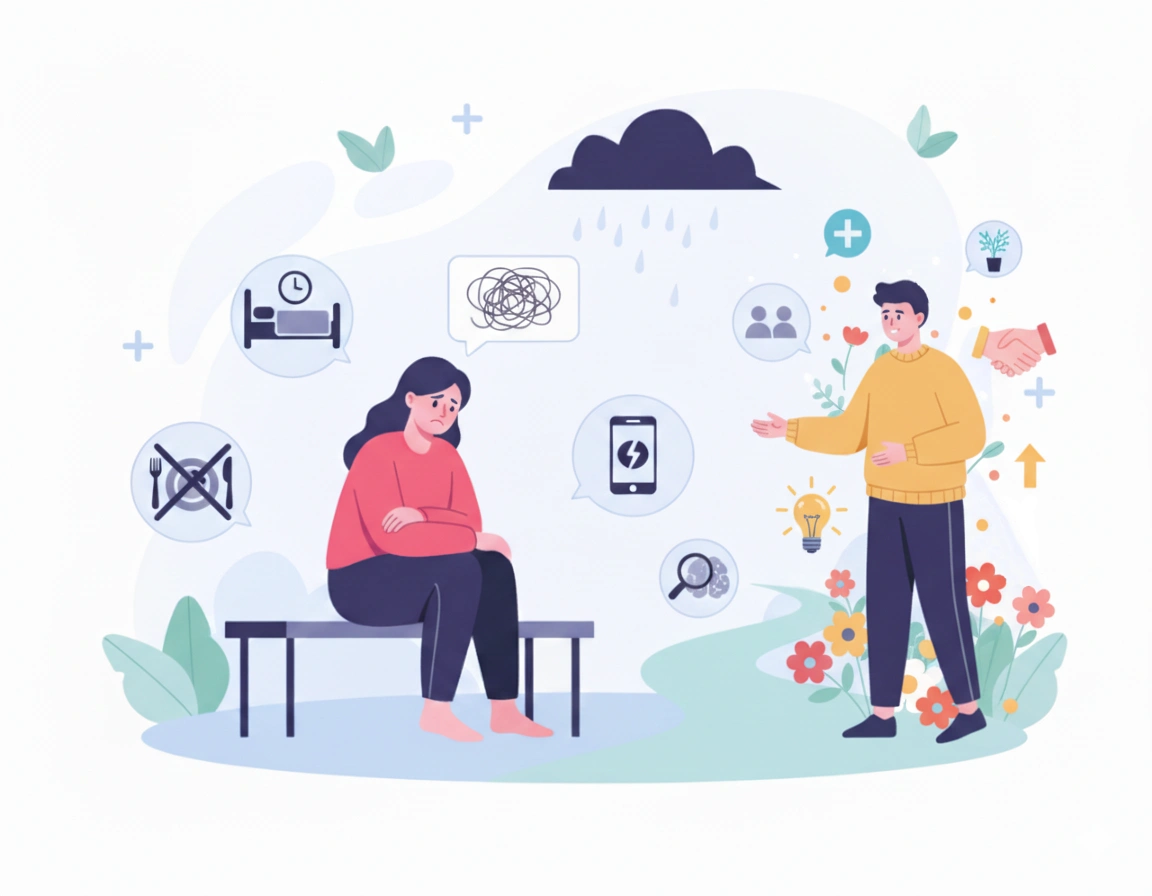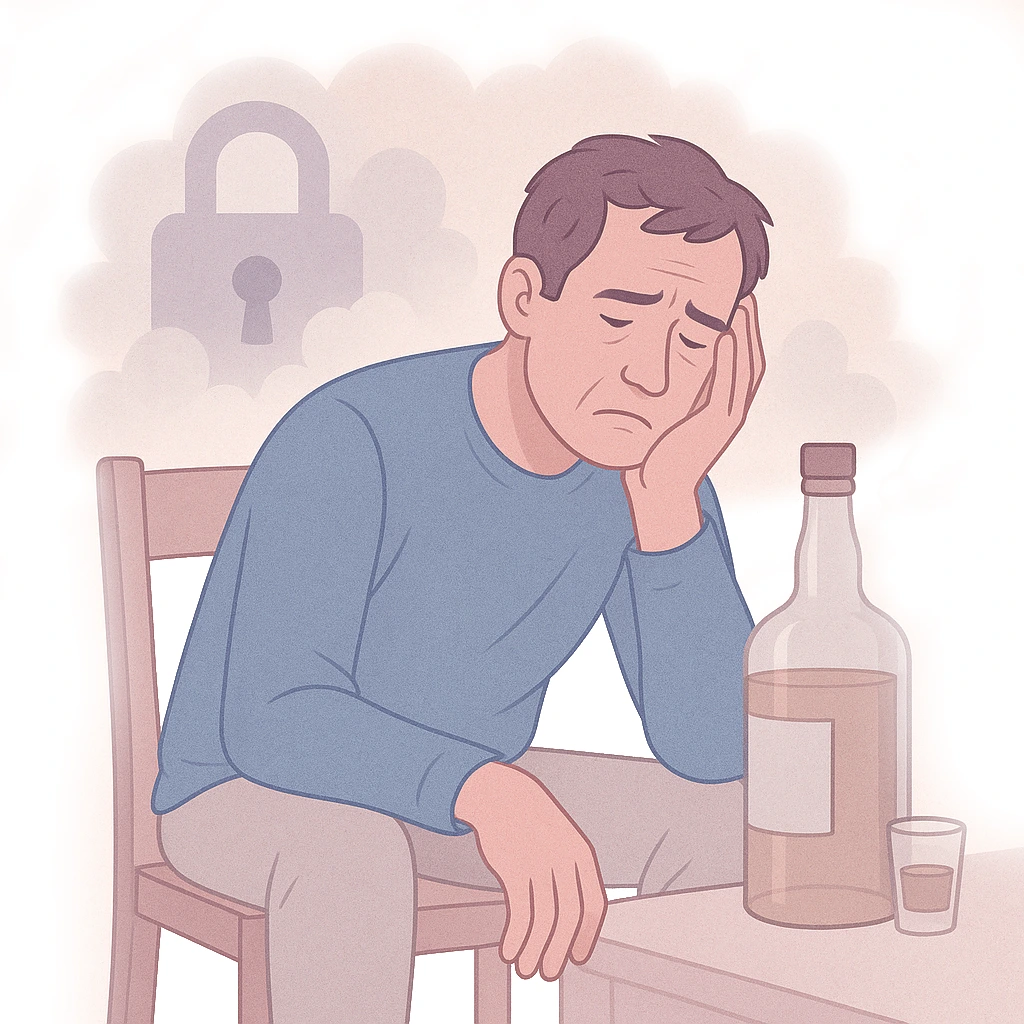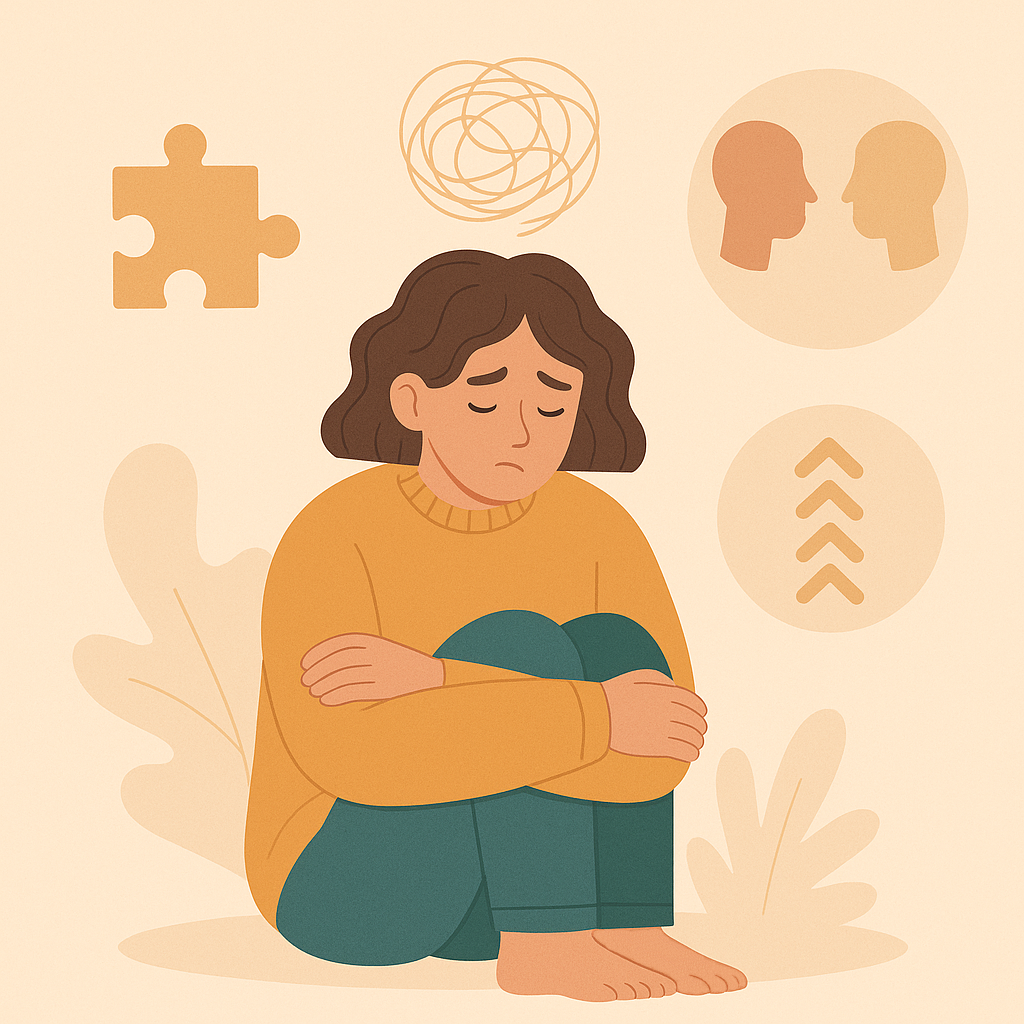Difficult compassion: a bridge between worlds
“To feel compassion is to allow another’s pain to reach me.”
— Chantal Maillard
There are forms of compassion that comfort us—those that allow us to help from a distance, without overly exposing ourselves. But there is another kind—a more radical, more committed compassion, that demands we come close to someone else’s pain as if it were our own. This is difficult compassion.
Difficult compassion is not easy comfort. It is a choice. It takes courage. It means letting another’s suffering reach into our own depths, shake our certainties, and make us uncomfortable. It’s a way of being in the world with eyes wide open.
Holding one’s gaze in the face of suffering is not easy. We often avoid it. Because it unsettles us. Because it confronts us. Because it hurts. But this is precisely where what Maillard calls “difficult compassion” begins: not a gentle and soothing feeling, but an experience that unsettles and transforms.
In the context of migration, this kind of compassion becomes more than a virtue—it becomes an ethical necessity. For those who migrate, carrying their own history is already an act of bravery. Leaving behind roots, a language, loved ones, and starting from scratch involves invisible griefs, fragmented identities, and a loneliness that’s hard to put into words.
Often, the hardest part isn’t crossing a physical border, but an emotional one: being recognized in one’s own humanity, beyond paperwork, accents, or wounds. Practicing self-compassion is essential, too—acknowledging that it all can be too much to handle, and still moving forward; understanding that it is not weakness, but a form of resilience.
But difficult compassion is also necessary on the other side—for receiving communities. To welcome someone as they are—with their language, their story, their pain—requires more than goodwill. It means letting go of the comfort of our own certainties, making room for other narratives, and allowing ourselves to be changed by the encounter.
A truly welcoming community not only opens its doors but also its eyes and ears. It doesn’t reduce the other to a number, a case, or a burden. It allows itself to feel their pain, even when it doesn’t know what to do with it. This compassion hurts, because it connects us to our own wounds, fears, and contradictions.
It’s not enough to accept—we must truly see. To see with intention. To be moved by stories that challenge us, by accents that disorient us, by pain we’d rather ignore. It means letting go of quick answers and easy judgments. It means listening without defensiveness; recognizing that any one of us could be that other someone.
This kind of compassion doesn’t romanticize suffering. It doesn’t present itself as a savior. It simply allows itself to be affected. It is the ability to look into the eyes of someone who has lost their home, their language, their support—and not look away. It’s understanding that their pain, though not ours, is not truly foreign.
💭 Are we willing to let another’s pain affect us?
We believe that this form of compassion is the foundation for a more just coexistence. It’s not about pity, but about creating spaces where every voice, every wound, every hope has a place. Mental health is also built through connection, mutual recognition, and the courage not to look away.
💭 What happens when we let ourselves be affected?
👉 Sometimes fear shows up.
👉 Other times, guilt.
👉 But something new can also emerge—mutual recognition, an empathy that doesn’t need words.
In a world that encourages emotional self-protection, opening ourselves to the suffering of others is almost an act of rebellion. But it is also a deep expression of our shared humanity.
💭 What changes when someone else’s pain touches me?
👉 The possibility of a different kind of community appears.
👉 A community where suffering isn’t delegated—but shared.
“The suffering of others should not be tolerated, but shared.”
— Chantal Maillard
If you’re going through a migration process and feel overwhelmed by the emotional load, or if you are part of a community seeking to understand and support more consciously, you are not alone. Compassion—though difficult—can be the first step toward shared healing.
At Ayúdate, we believe mental health is also built through presence: through relationships that do not flee from pain but hold it; through spaces where listening is not a strategy, but a form of genuine care.
We believe in this kind of compassion that dares to see, to feel, to engage. Because where the pain of others is not denied or minimized, but welcomed, transformation can begin. To heal, together






